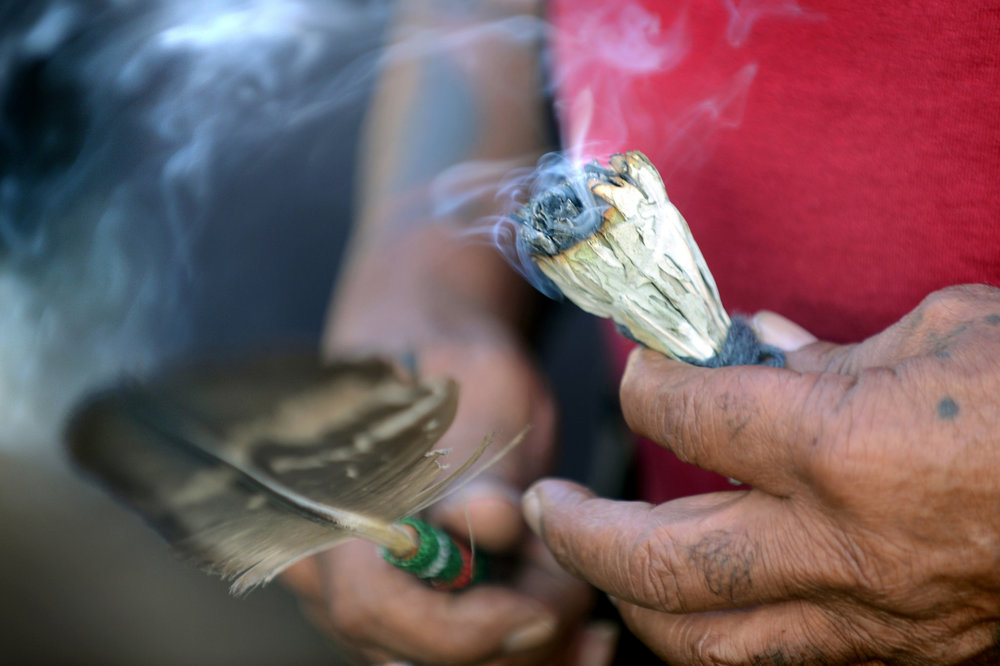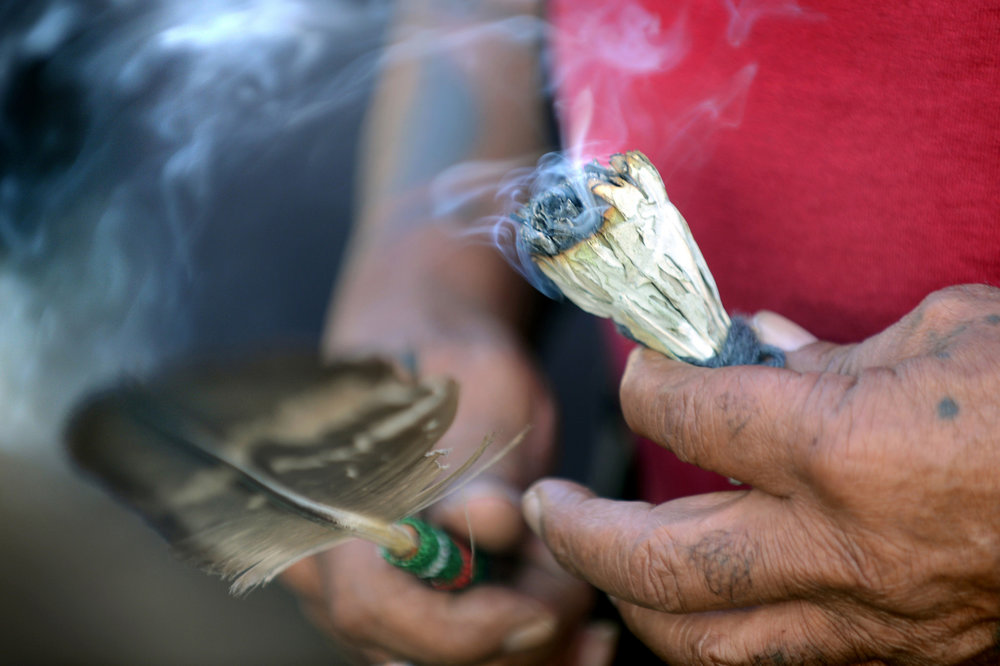
For many years, the National Native American Boarding School Healing Coalition (NABS) has worked to open up healing spaces for boarding school survivors, their descendants, and many others impacted by the legacy of Indian boarding schools in the U.S. These healing spaces have looked different depending on the needs of the community, the attendees, and many other cultural factors we consider. But one thing always remains the same – we believe the needs of survivors should be prioritized and the utmost care should be taken to care for survivors and descendants (see below for more information).
This year, the movement for boarding school healing is growing in a way it never has before and we are thrilled to see how many communities and organizations are planning events to honor boarding school survivors and bring awareness to the healing that needs to happen. On September 30, we plan to honor a National Day of Remembrance for U.S. Indian Boarding Schools. This aligns with the National Day for Truth and Reconciliation that is honored in Canada for residential school survivors. It is also called Orange Shirt Day to honor the story of one girl whose treasured orange shirt given to her by her grandmother was taken away from her at residential school. The orange shirt has now come to symbolize awareness for the children who died or went missing at these institutions. We encourage everyone to wear orange shirts, raise awareness on that day to educate others, and attend or host community healing events. NABS has orange t-shirts available to purchase here.
We’ve prepared some information based on what we’ve learned throughout our past experiences to help you plan healing-informed events to uplift our boarding school survivors and wrap them in a healing embrace.
Raise Awareness Through Public Events
Be Healing Informed
Indian Boarding Schools are an issue that can bring up immense, often unresolved, trauma. We ask that you please take into consideration people’s mental health and triggers when deciding what actions to take to support justice and healing. Here are some of our tips on staying healing informed at your event:
- Determine what trauma experts or community healers you need present to support survivors and descendants both during attendance of the event and after.
- Provide local follow up resources so attendees can continue their healing journey after the event ends.
- Ensure traditional plant medicines are available for smudging individuals and the space (provide these as care packages if you are hosting a virtual event).
- Recognize the differing comfort levels of survivors when it comes to speaking publicly, sharing their story, standing in front of a group, even identifying as a survivor, and respect their boundaries.
- Ensure that elders and survivors have a place of honor in the space. If you know how many will be in attendance, consider wrapping survivors in blankets or offering a gift.
- Have a private space available for processing emotions, identify that space clearly (can be a separate virtual or physical meeting room).
- Provide a breathing exercise and ample access to water to help people process the emotions that may get lodged in our bodies. If hosting virtually, remind attendees to get/drink water regularly.
- Remember accessibility: ensure your event is accessible to community members, base this on your own community’s needs. (Consider closed captioning if gathering virtually.)
We encourage centering healing and consent in all action steps towards justice.
Event Examples
Consider COVID-19 safety protocols and mandates if hosting in-person events.
- Vigils: Vigils are good for both awareness, and communal healing. Holding space for grief, for acknowledgement, and for honoring can enhance the healing journey.
- Walks/Runs/Marches: Combine physical wellness and awareness by hosting a walk, run, or physical public awareness event. Many communities have effectively done so, from hosting walks to running the route of their grandparents escape from boarding school, folks are embracing physical and mental healing. Please take into consideration the diverse abilities of participants and provide options for modes and length of participation.
- Non-Violent Protests: Peacefully protesting injustices is a constitutional right and can be a way to raise awareness and bring attention to important issues. Be sure to obtain the proper permits and educate participants to keep it a safe event for all.
- Art installations: A great way to combine healing, processing, and awareness is through art. Art installations can be coordinated with galleries, individuals, native organizations, or public art campaigns in providing space for people to visually express their feelings around Indian Boarding Schools.
Pursue Paths for Healing
Make sure that healing journeys continue after the public events. Invest in personal, familial, and community healing. We are the only ones who can heal ourselves, and we cannot wait any longer.
Personal Healing
Personal healing can take a number of forms; the important aspect of personal healing is that it is tailored to your own needs and focuses on the areas that you want to heal and grow in. Personal healing can be attending counseling/therapy or 12-step/Wellbriety meetings. Healing can also take place through meditation, learning to cook Indigenous foods, going for walks in the mountains, getting in touch with your ancestral language, culture, and spirituality. Invest in lifestyle choices that will make your life better for you and those around you.
Familial Healing
What can familial healing look like? In the wake of institutional separation, Indigenous familial relations were severely altered. Investing in healthy relationships and learning how to communicate, emotionally connect, and work through hardships in a healthy manner will greatly increase the overall health of our communities. Healing our familial relations is one big step in our communal healing from the impacts of boarding school.
Community Healing
Healing for Native peoples must be community-led. Your community is already investing in healing – seek out the programs within your community that can support you, get your family involved in, or volunteer if you are already on your healing journey. Ensure that these efforts are led within your community by the appropriate people. We have a lot of collective unlearning to do.
Here are some additional webinar resources we have on our website on healing:
Healing Through Indigenous Mindfulness and Neurodecolonization with Dr. Michael Yellow Bird from the NABS 2021 Webinar Series
Healing Historical Trauma with NABS CEO Christine Diindiisi McCleave from the NICWA member webinar series
You can also find and share our Resource List for Trauma Responses here.
